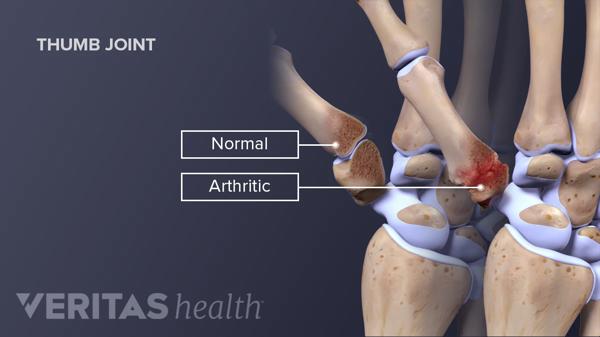Can Cracking Your Knuckles Cause Arthritis?
Understanding the Myths and Facts About Knuckle Cracking and Arthritis

Frequently Asked Questions
No, cracking your knuckles does not increase the risk of arthritis, as research has found no conclusive evidence linking the two.
To maintain joint health, practice regular exercise, maintain a healthy weight, eat a balanced diet, and stay hydrated.
Step by Step Guide
1
Introduction to Knuckle Cracking
Knuckle cracking is a common habit where individuals pull or bend their fingers to create a popping sound in the joints. It often raises questions about its effects on joint health, particularly regarding arthritis.
2
What is Arthritis?
Arthritis refers to inflammation of the joints, leading to pain, stiffness, and swelling. There are many types of arthritis, with osteoarthritis and rheumatoid arthritis being among the most common.
3
Understanding the Anatomy of Joints
To understand the concept of knuckle cracking, it's essential to know how joints are structured. Each joint is made up of bones, cartilage, ligaments, and synovial fluid that lubricates the joint.
4
The Mechanism of Knuckle Cracking
When you stretch your fingers to crack your knuckles, the pressure in the joint capsule decreases, forming bubbles in the synovial fluid. This process creates a popping sound when the bubbles burst.
5
Common Myths About Knuckle Cracking
Many believe that knuckle cracking can lead to arthritis. However, this myth lacks scientific backing, as no conclusive evidence supports this claim. Let's explore some of these myths.
6
Research Studies on Knuckle Cracking and Arthritis
Research has shown no correlation between knuckle cracking and arthritis. A famous study conducted by Dr. Donald Unger, who cracked the knuckles of one hand for over 60 years but not the other, found no difference in arthritis development.
7
Possible Effects of Knuckle Cracking
While cracking knuckles may not cause arthritis, excessive cracking can lead to other issues such as joint swelling or reduced grip strength in some individuals.
8
Consulting Healthcare Professionals
If you experience pain, swelling, or discomfort in your joints, it is important to consult a healthcare provider. They can help determine whether these symptoms are due to arthritis or another underlying condition.
9
Healthy Habits for Joint Health
Maintaining healthy joints involves exercising regularly, maintaining a healthy weight, eating a balanced diet rich in omega-3 fatty acids, and ensuring proper hydration.
10
Conclusion: Myths vs. Reality
In conclusion, while knuckle cracking is a common habit, it does not cause arthritis. Understanding the facts can help dispel myths and promote better joint health practices.








